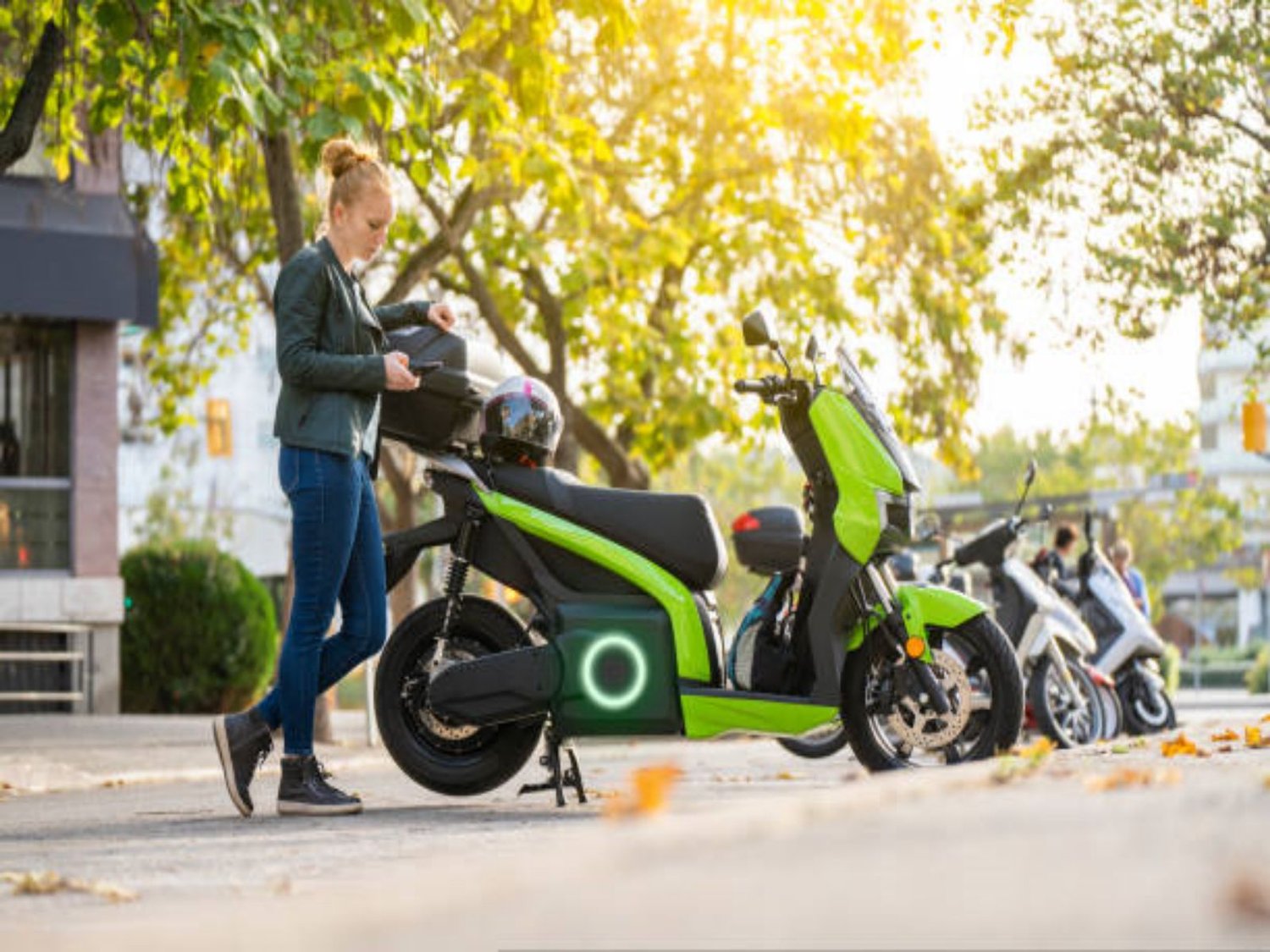Electric Motorcycle BMS: Reducing Carbon Footprint in Transportation
Electric motorcycles are becoming an increasingly popular mode of transportation as people seek more sustainable alternatives to traditional gasoline-powered vehicles. One of the key components that enables the efficient and eco-friendly operation of electric motorcycles is the Battery Management System (BMS). In this article, we will explore the role of the Electric Motorcycle BMS in reducing the carbon footprint in transportation.
The Importance of Battery Management System (BMS)
The Battery Management System (BMS) is a crucial component in electric motorcycles as it monitors and controls the performance of the battery pack. Its primary function is to ensure the optimal performance, efficiency, and safety of the battery. By actively managing the charging and discharging processes, the BMS helps to extend the battery life, improve energy efficiency, and prevent overcharging or discharging, which can lead to reduced performance and potential safety hazards.
Efficient Energy Consumption
An Electric Motorcycle BMS plays a vital role in reducing the carbon footprint by enabling efficient energy consumption. The BMS optimizes the energy flow from the battery pack to the electric motor, ensuring that energy is utilized in the most efficient manner possible. By minimizing energy losses and maximizing the power delivered to the motor, the BMS contributes to lower energy consumption and reduced carbon emissions.
Battery Life Extension of Battery Management System
Another significant advantage of the Electric Motorcycle BMS is its ability to extend the battery life. The BMS actively monitors the state of charge, temperature, and voltage of each individual cell within the battery pack. This allows it to balance the charge levels and prevent overcharging or discharging of any cell, which can lead to premature degradation or failure. By ensuring the optimal operating conditions of the battery, the BMS helps to prolong its lifespan, reducing the need for frequent battery replacements and the associated environmental impact.
Enhanced Safety Features of Battery Management System
Electric Motorcycle BMS also plays a crucial role in enhancing the safety features of the vehicle. The BMS continuously monitors the battery pack for any abnormalities, such as high temperatures or voltage variations. In case of any potential issues, the BMS can take preventive actions, such as reducing power output or alerting the rider. This proactive approach minimizes the risk of accidents or damage caused by battery malfunctions, making electric motorcycles safer for both riders and the environment.
Optimized Charging Process
The Electric Motorcycle BMS optimizes the charging process, ensuring that the battery is charged in the most efficient and environmentally friendly manner. The BMS monitors the battery's state of charge and adjusts the charging rate accordingly, preventing overcharging, which can waste energy and reduce battery life. Additionally, some advanced BMS systems can take advantage of renewable energy sources, such as solar power, for charging the battery, further reducing the carbon footprint of electric motorcycles.
Intelligent Energy Management
With its intelligent energy management capabilities, the Electric Motorcycle BMS allows for a more sustainable and eco-friendly mode of transportation. The BMS can analyze riding patterns, terrain conditions, and other factors to optimize power distribution and energy consumption. By intelligently managing energy usage, the BMS ensures that the electric motorcycle operates at its most efficient level, reducing energy waste and carbon emissions.
Integration with Smart Grids of Battery Management System
The Electric Motorcycle BMS can also be integrated with smart grids, enabling a more efficient and sustainable charging infrastructure. By connecting to the grid, the BMS can take advantage of off-peak electricity rates or renewable energy sources for charging the battery. This not only reduces the carbon footprint but also helps to balance the energy demand and supply on the grid. The BMS can communicate with the grid and adjust the charging schedule based on the availability of clean energy, contributing to a greener transportation system.
Reduced Noise Pollution
Electric motorcycles equipped with BMS offer not only environmental benefits but also reduce noise pollution. Unlike traditional gasoline-powered motorcycles, electric motorcycles produce minimal noise during operation. This makes them an ideal choice for urban areas and contributes to a quieter and more peaceful environment. By reducing noise pollution, electric motorcycles with BMS improve the overall quality of life in cities and promote a more sustainable transportation system.
Government Incentives for Battery Management System
Many governments around the world are offering incentives and subsidies to promote the adoption of electric vehicles, including electric motorcycles. By choosing an electric motorcycle with an efficient BMS, riders can benefit from these incentives, which can include tax credits, reduced registration fees, or access to dedicated charging infrastructure. These incentives not only make electric motorcycles more affordable but also encourage the transition to a greener and more sustainable transportation system.
The Future of Electric Motorcycle BMS
The Electric Motorcycle BMS technology is continually evolving to further enhance the efficiency and eco-friendliness of electric motorcycles. Advancements in battery technology, artificial intelligence, and connectivity are enabling more intelligent and sophisticated BMS systems. These future BMS systems will offer even greater energy efficiency, longer battery life, and seamless integration with smart grid networks. As a result, electric motorcycles will continue to play a significant role in reducing the carbon footprint in transportation and shaping a more sustainable future.

